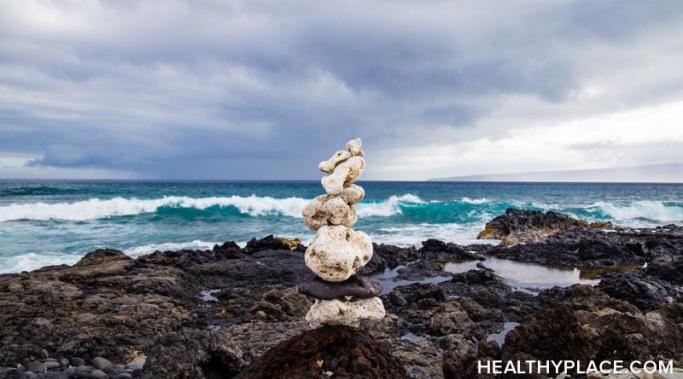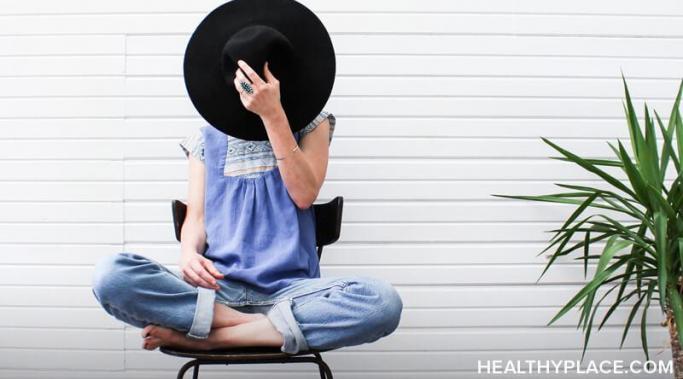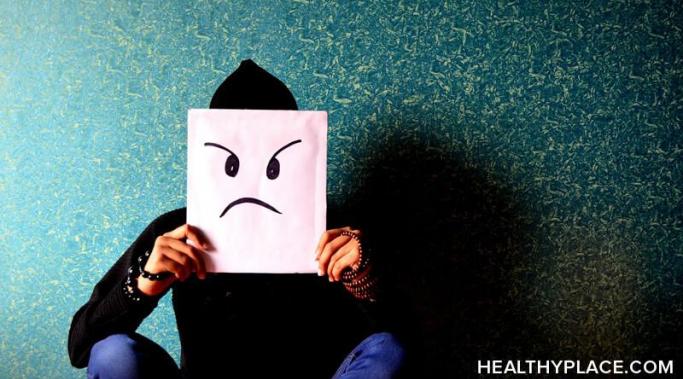Living with a mental illness leaves me with some painful and embarrassing memories I would rather not revisit. At the same time, they are a part of me I can’t escape. I want my daughter to know about all the twists and turns in my life that brought to where I am today as her mother, so I'll have to tell her some of my embarrassing memories in the future.
Mental Health - Recovering from Mental Illness
I want to share five things I do when I want to get out of a funk. By funk I don’t mean serious depression; I mean a really bad day, recent setback, or maybe even the monotonous routine of everyday life. It’s important to take care of yourself and feel good, especially in mental illness recovery. Here are simple things I do to cheer up and feel refreshed when I need to get out of a funk.
Doctors do not diagnose most mental illness in childhood. I wasn't diagnosed with schizoaffective disorder until my early 20s. While the diagnosis made sense to me, it came as a surprise to many of my loved ones. I believe there were signs growing up that could have indicated that I would develop a mental illness, we just didn’t realize it until I was stable and on medication. There were signs of my mental illness in childhood.
I am constantly testing my limits in mental illness recovery. I’ve always been an ambitious person – before as well as after receiving my diagnosis. I’m usually walking a fine line between barely holding it together and being symptomatic. I tolerate the occasional hallucinations just to continue with my busy life. I don’t want to give up anything. You only get one life and that’s it, so I plan to live it to the fullest and keep testing my limits – mental illness or not.
I was diagnosed with schizoaffective disorder in my early 20s, and since then I’ve received many different reactions when disclosing my mental illness. Many people are supportive. Others are curious. Sometimes I face mental health stigma. Writing for HealthyPlace means my diagnosis is out there for anyone to see. I’m fine with that because I want to help and I want to fight stigma. However, in my day-to-day life, I choose whom I want to tell and when I want to tell them. Here are a few of the good, the bad, and the ugly experiences with disclosing my mental illness diagnosis, not necessarily in that order.
Finding a job with mental illness is more enjoyable when you look for the right job for you. Working can really enhance your recovery from mental illness. A job not only provides income; it also gives you a routine and sense of purpose. Early in my recovery, I worked part-time to get back on my feet. Later, when I was ready, I chose to work full time. For the past 11 years, I’ve had two jobs, both at mental health agencies.
My recovery from mental illness started on the Internet. I knew I had an eating disorder before I was diagnosed. But before I took that giant leap and asked for help, my curiosity led me to the Internet. I first visited a forum and read others' inspirational stories of recovery from mental illness. Then finally, when I was ready, I researched my own eating disorder treatment options which put me on the path to my recovery from mental illness.
Your identity with mental illness can hurt your recovery. Many people identify with suffering from a mental illness and it becomes a part of who they are. This identity with their mental illness can hurt their recovery as they become so attached to the mental health label they do not know who they are without it. Being depressed, anxious, or mentally unwell in any capacity is how they know and see themselves. They cannot fully recover because they are carrying this part of themselves so close, they cannot or don’t know how to let it go.









